The chances are if you're reading this, you've already encountered Polish hospitality and experienced the wonderful Polish spirit (we mean vodka, but the people are lovely too!). You've clinked your shot glasses, proclaimed 'na zdrowie' to your hosts, and downed it in one, the eager expectation visible in their eyes, hoping you enjoyed it, and the even greater hope that you continue to drink more with them...
Now, it's at this point discussions arise concerning anything from family to politics or general chit-chat, but often the conversation steers towards vodka itself – its variations, each individual's preferred brand, and if a foreign guest is present, the history and origins of vodka itself. “Vodka was invented in Poland, no doubt about it!” a host once proudly proclaimed to us. There's no doubt that the nation embraces it, and beyond just drinking it would seem. Two weeks after the Coronavirus pandemic reached Poland, nearly half a million litres of confiscated vodka and rectified spirits will be sent to public institutions in need of disinfectant. The alcohol was going to be destroyed anyway, so we applaud the practical use in a time of shortages!
At this stage, you may begin to think back to what limited knowledge you may have of vodka, with connotations firmly fixed on Russian stereotypes - 'Is it possible that vodka was indeed a Polish creation?', you ask yourself. Time for a quick history lesson...
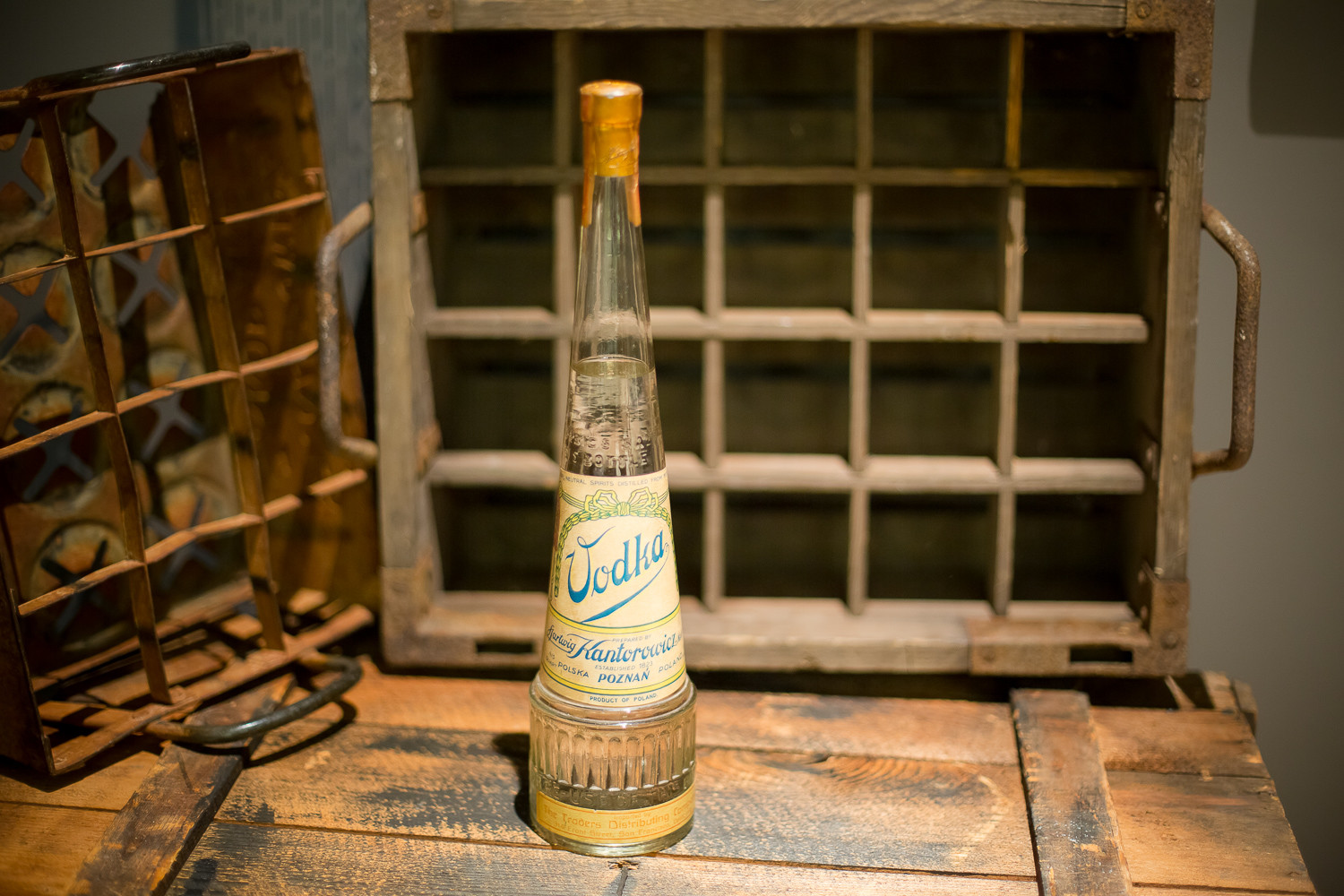
In Poland, the name for the drink is 'wódka', and 'vodka' in Russian which refers to 'little water', with the origin for both stemming from each country's respective words for 'water' (woda in Polish, voda in Russian). The Russian name is the one which has stuck in the English language, most likely because it's easier to read and pronounce! Documented evidence of the origins of vodka is fairly scant, although some vague sources claim it was created in Poland in the 8th century, others that it was in 9th century Russia (both with a lower alcohol content). There are also references to distillation in Khylnovsk, Russia in 1174 in the Vyatka Chronicle, however, using the term 'distillery' in this example conjures up an image of how modern day distillation looks, which is very different to the rudimentary process in the 12th century which produced a much weaker drink with a lower alcohol content, something akin to a bread wine – a far cry from the vodka we recognise today. The key factor to remember with the issue of vodka making through the centuries is that early variations were often weaker bread wines or something more similar in taste to brandy, and crucially, although different from vodka, they are often used to lay claim to the early origins of vodka.
Let’s look beyond the hearsay and focus on good ole facts, huh? The art of distillation was created by Arab scholars in the 8th century (the origin of the word ‘alcohol’ comes from ‘al-kuhl’, however, it was used for purely medicinal purposes) who brought it to Europe through Iberia, the technique spreading to Italy then the rest of Europe in the 15th century through Benedictines, Cistercians and merchants. As for Poland’s involvement, the original word for vodka is ‘gorzałka’ (a term still used today!), which can be translated as ‘burning water’, emphasising a spicy and bitter taste. The term is first found in a 1405 document called ‘Akta Grodzkie’ (recorder of deeds) from the Palatine of Sandomierz, which preceded any documented mention of ‘vodka’ as we know it today. Gorzałka was often used in Poland due to its original medicinal use for treating wounds, illnesses etc. (remember this was a time of the black death in Europe). So too was the first mention of this ‘fire water’ in Russia found in 1533, detailing import from Poland by merchants for medical use. It was in 1534 ‘gorzałka’ is again documented in the medical manual 'O ziolach y o moczy gich' (ENG: On Herbs and Their Potency) by Stefan Falimierz. It was around this time people began to drink gorzałka for pleasure. Fast-forward to the 18th century to find any mention of Russian ‘vodka’, specifically, a decree by Empress Catherine I in 1751 which regulated the ownership of vodka distilleries, and you see why Poles are proud of their claims on their national drink - and by a good few hundred years!
The history of vodka distillation, whether in Poland or in Russia, is fascinating. Visit any vodka museum and you'll see a plethora of vodka bottles of all shapes and sizes, used as a means to stay a step ahead of the competition (this only changed when monopolies began to appear, standardising bottle shapes into the less extravagant forms we see today). Of particular interest are the many detailed recipe books on sale across the region over the last few hundred years, which allowed any old Tom, Dick and Harry to make their own vodka (legally!). Indeed, backyard distillation was not uncommon through central and eastern Europe. Russian bread wine making, which was so popular across Russia for centuries (arguably more popular at this stage than vodka) was dealt a heavy blow in 1882, thanks to Czar Alexander III who, for want of a better phrase, was money hungry, and declared all non-vodka spirits illegal in Imperial Russia! As only the Czar himself had the latest technology to make true vodka, his decree ensured a total monopoly of the Russian spirits market – vodka was now firmly rooted in the minds of the people as the Czar's drink! The tradition of backyard stills ended, and the true Russian drink – bread wine, not vodka – faded from memory. It seems vodka and national identity would become intertwined and continue to grow in Russia, even during the Communist era, leaving the rest of the world to associate vodka production with Russia, leaving poor old Poland somehow neglected...
And what about vodka distillation in Poland around this time? Well, you probably know the country didn't exist as a country for 123 years, and although things were tough on the vodka front in Imperial Russia, in other parts of partitioned Poland, there was opportunity to build something special...
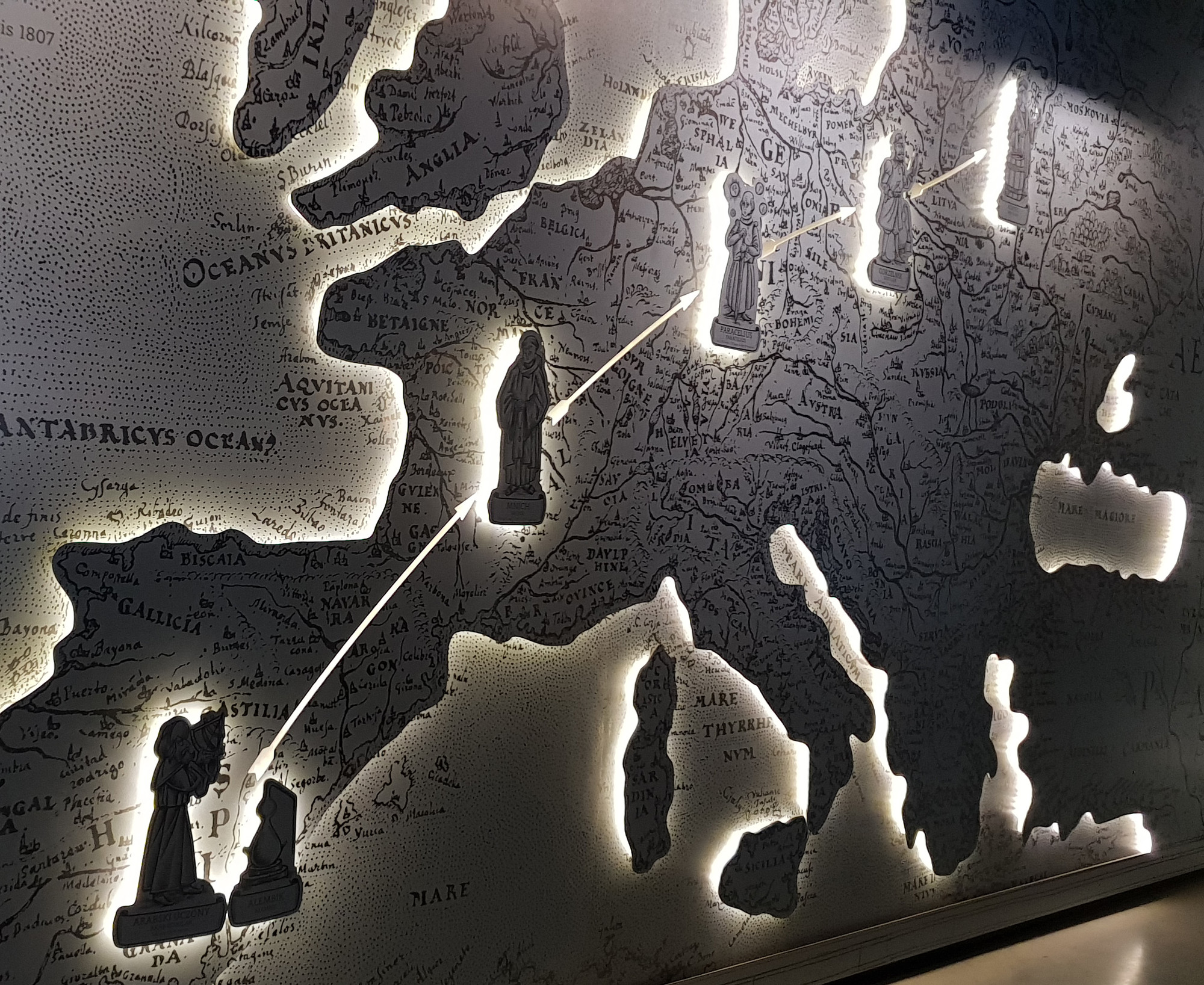
Poland's oldest large scale distillery, known to you and I as 'J.A. Baczewski' was started by Layb Baczels in 1782 in a small village called Wybranówka near what was then Polish Lwów (current day Lviv in Ukraine) under Habsburg rule, before being moved to the city suburb of Zniesienie in 1810. Layb died in this same year, however, as time went on, his family changed their surname to...Baczewski, and his descendents Maksymilian, Józef Adam, Leopold, Stefan, Henryk and Adam would oversee the success of the company (the vodka recognised as a mark of high quality) until the outbreak of World War II and subsequent Communist rule put an end to the empire. To this day, the abbreviation for 'Józef Adam' still precedes the Baczewski company name, although the vodka is no longer produced in Poland. J.A. Baczewski is by no means the oldest Polish vodka; the popular Żubrówka (Bison Grass) has been in production since the 16th century, and the Gdańsk favourite Goldwasser, containing gold flakes, has been around since 1598.
Vodka is a fascinating drink with a great history, so it's no surprise both Poland and Russia claim it as their own. The truth is, there will never be a concise answer to whether vodka is a purely Polish or Russian creation, with so little in terms of documented evidence available of its origins. So scant is firm evidence that all too often fabricated 'facts' are often repeated across all mediums.
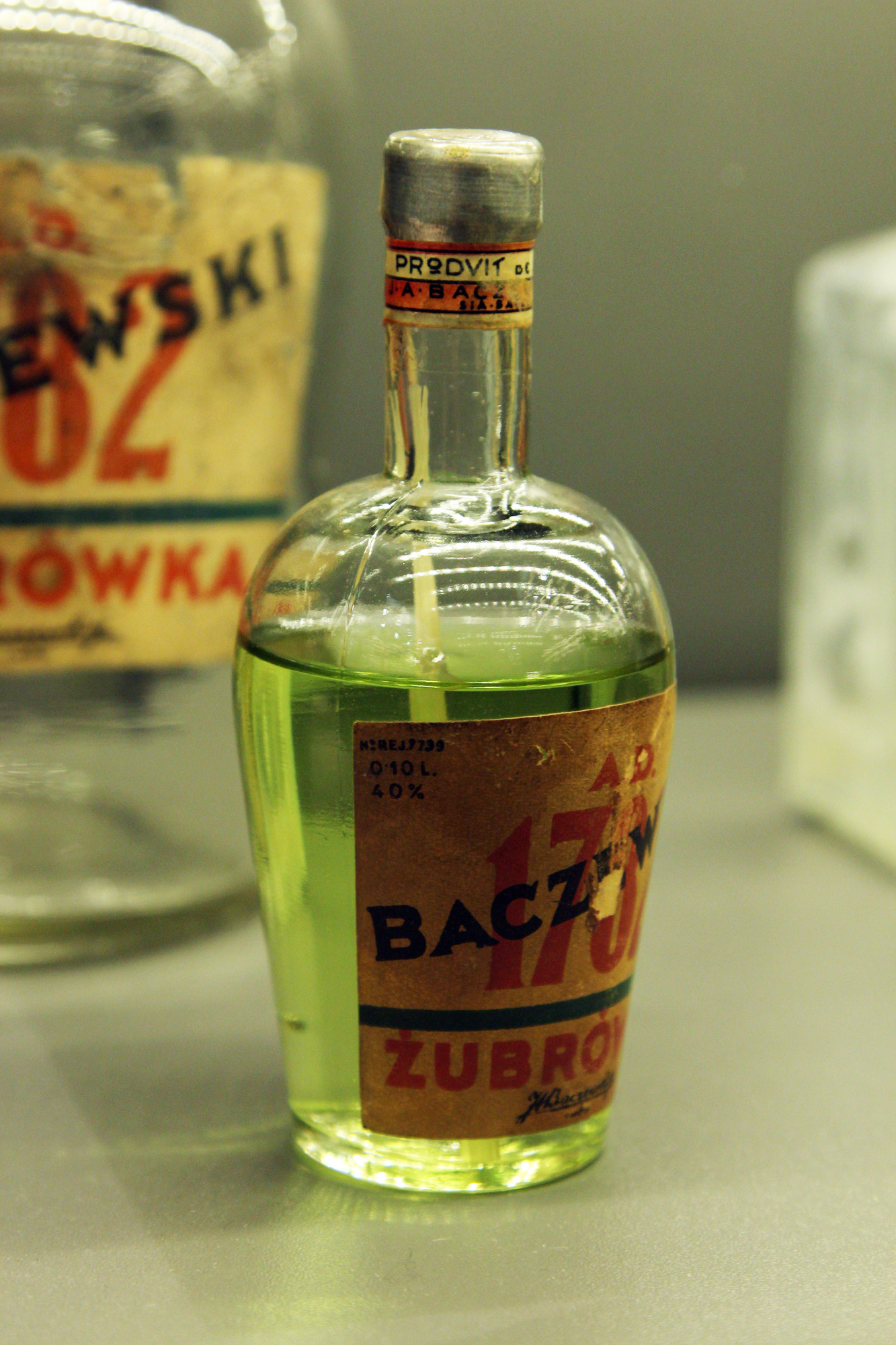
Possibly the biggest falsification (and the one which is often repeated) came from a Russian author and nationalist, Viliyam Vasilievich Pokhlyobkin, wishing to attribute first vodka production to Russia. He wrote A History of Vodka, published in 1991. The book was heavily criticised a few years later by the peer-reviewed journal Slavic Review for the many inaccuracies and fabrications of dates and statistics that it contained. Pokhlyobkin also wrote there had been a trade war between Poland and the USSR in 1978-1982 to claim the name 'vodka', which he said he was asked to investigate on behalf of the USSR, leading to Poland losing the case on the basis of his 'evidence'. One problem though - no such case ever occurred, he made it up. Unfortunately, this hasn't stopped a plethora of unwitting sites, bloggers, journalists and writers repeating the lie (VICE being a major victim having made a documentary on the subject).
Where does this leave us? Well, we'd go out on a limb to suggest the tradition of making 'wódka' (gorzałka) originated in Poland well before Russia (which should in itself be proud of bread wine), however, the true origin is most likely a regional phenomenon across central and eastern Europe (specifically parts of Poland, Belarus, Ukraine, Russia), in what were then fluid borders, and when no true national identities existed amongst European peoples. But damn, Poland really does do it well. It's best we leave you with an afterthought, one from actor Hugh Laurie: “...Russian vodka is OK if you need to clean the oven. For drinking, it must henceforth be Polish.” Here, here!



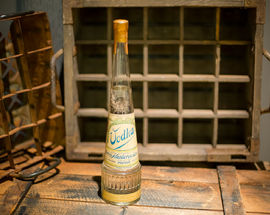
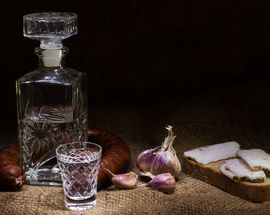
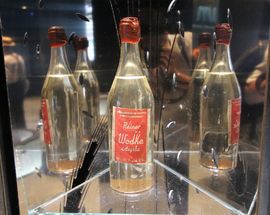
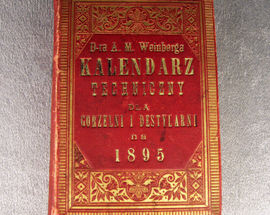
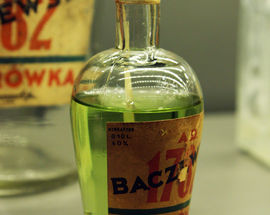
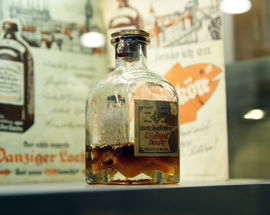
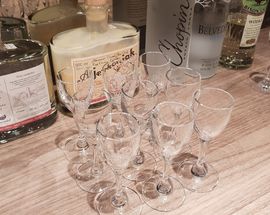
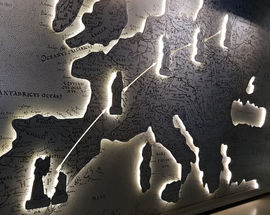
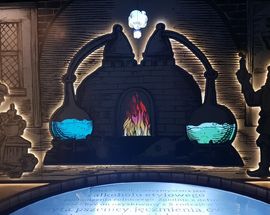
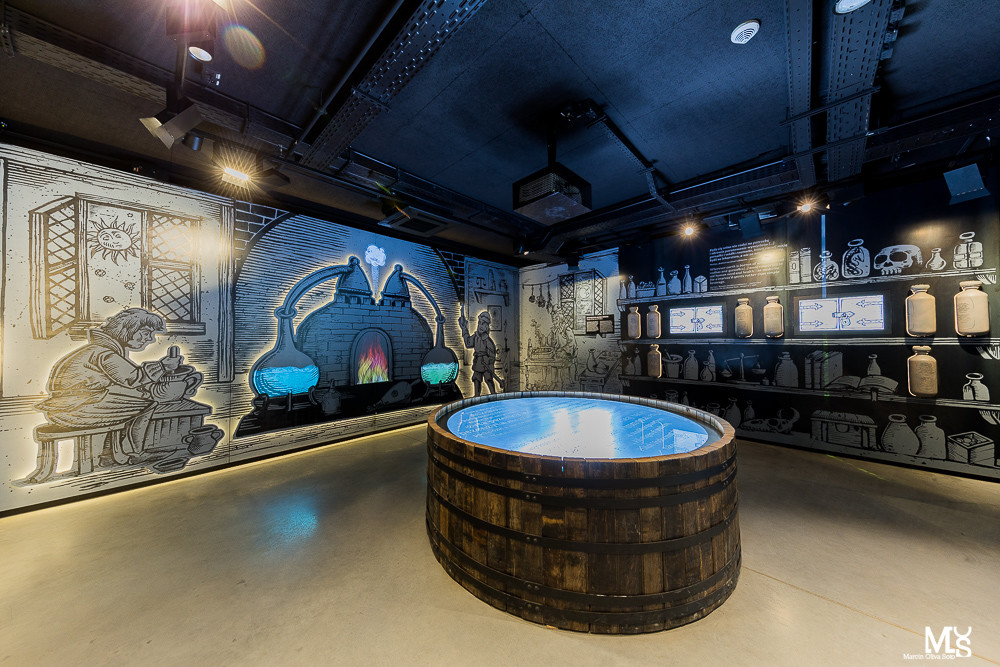
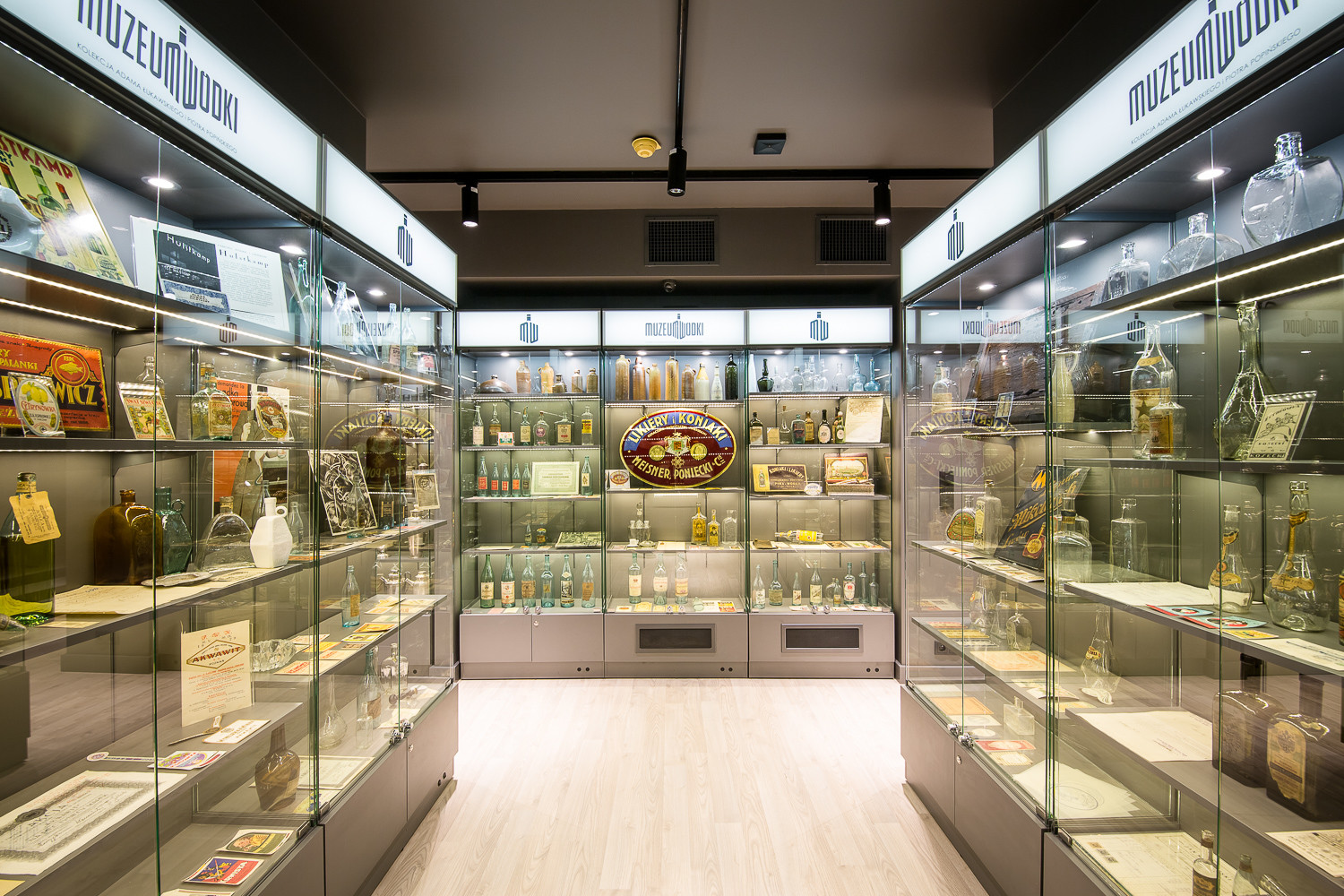

Comments